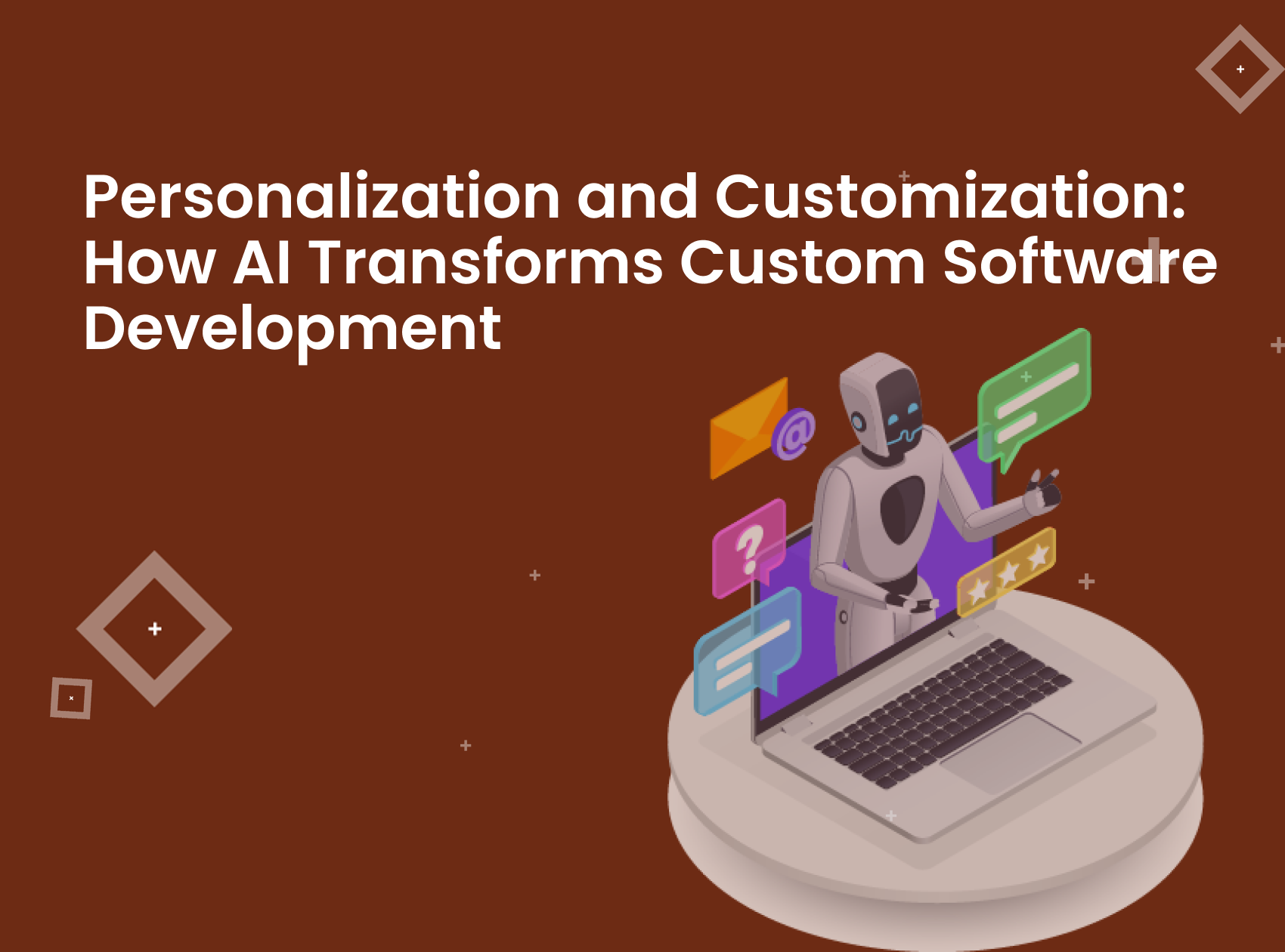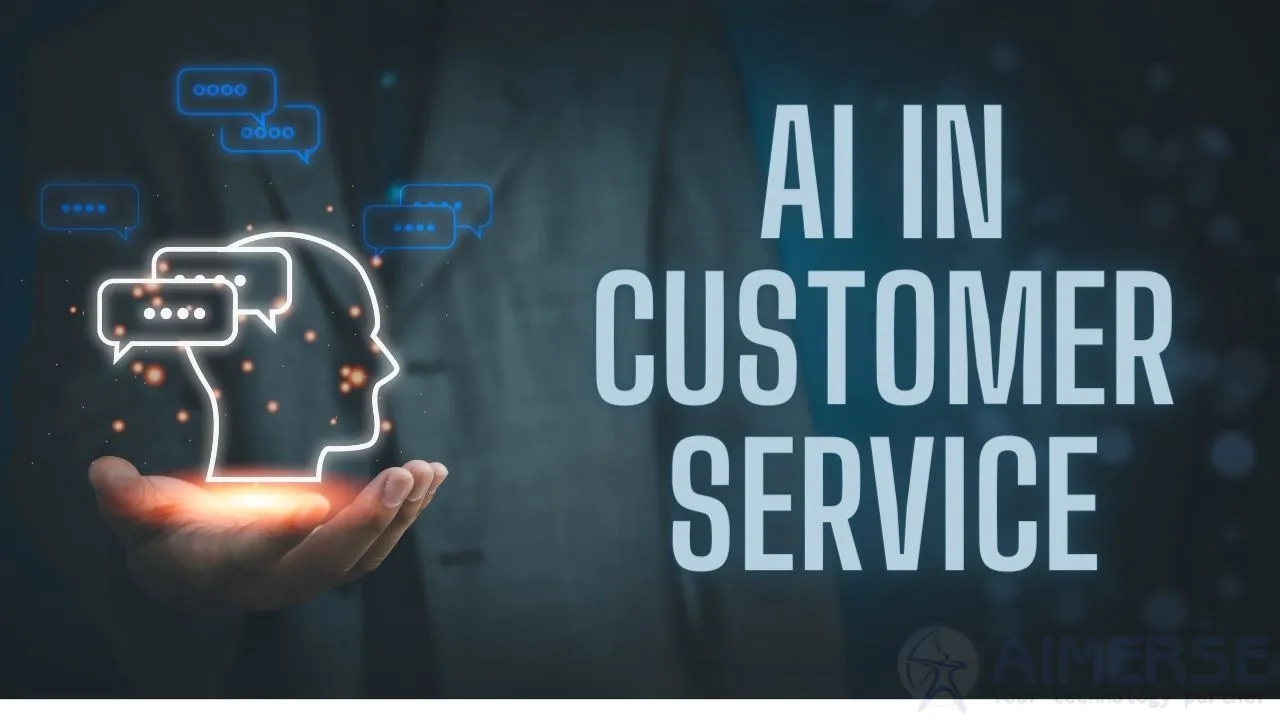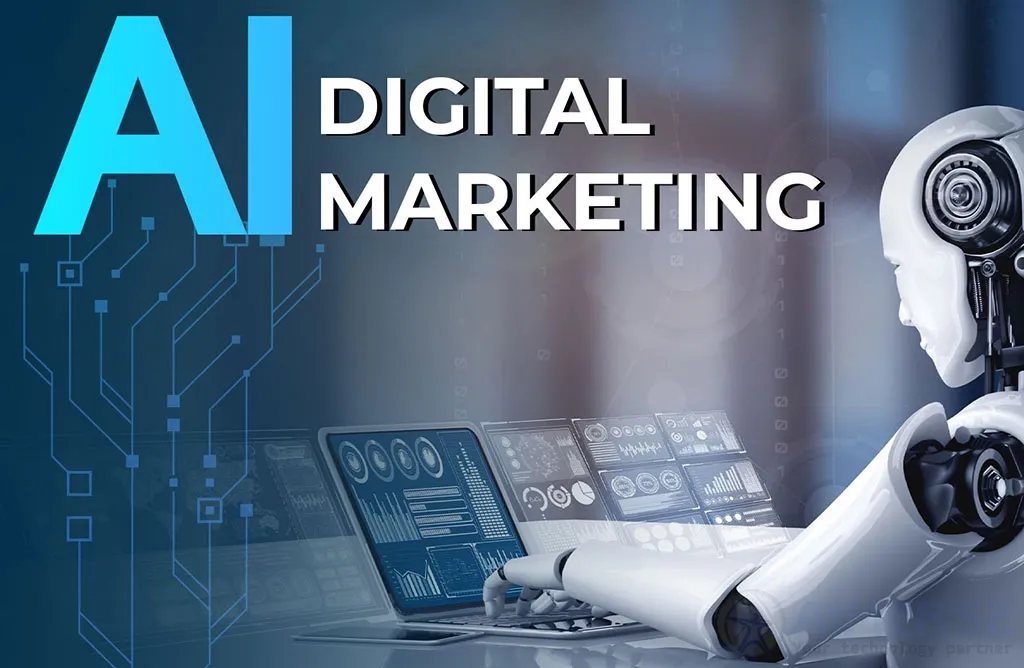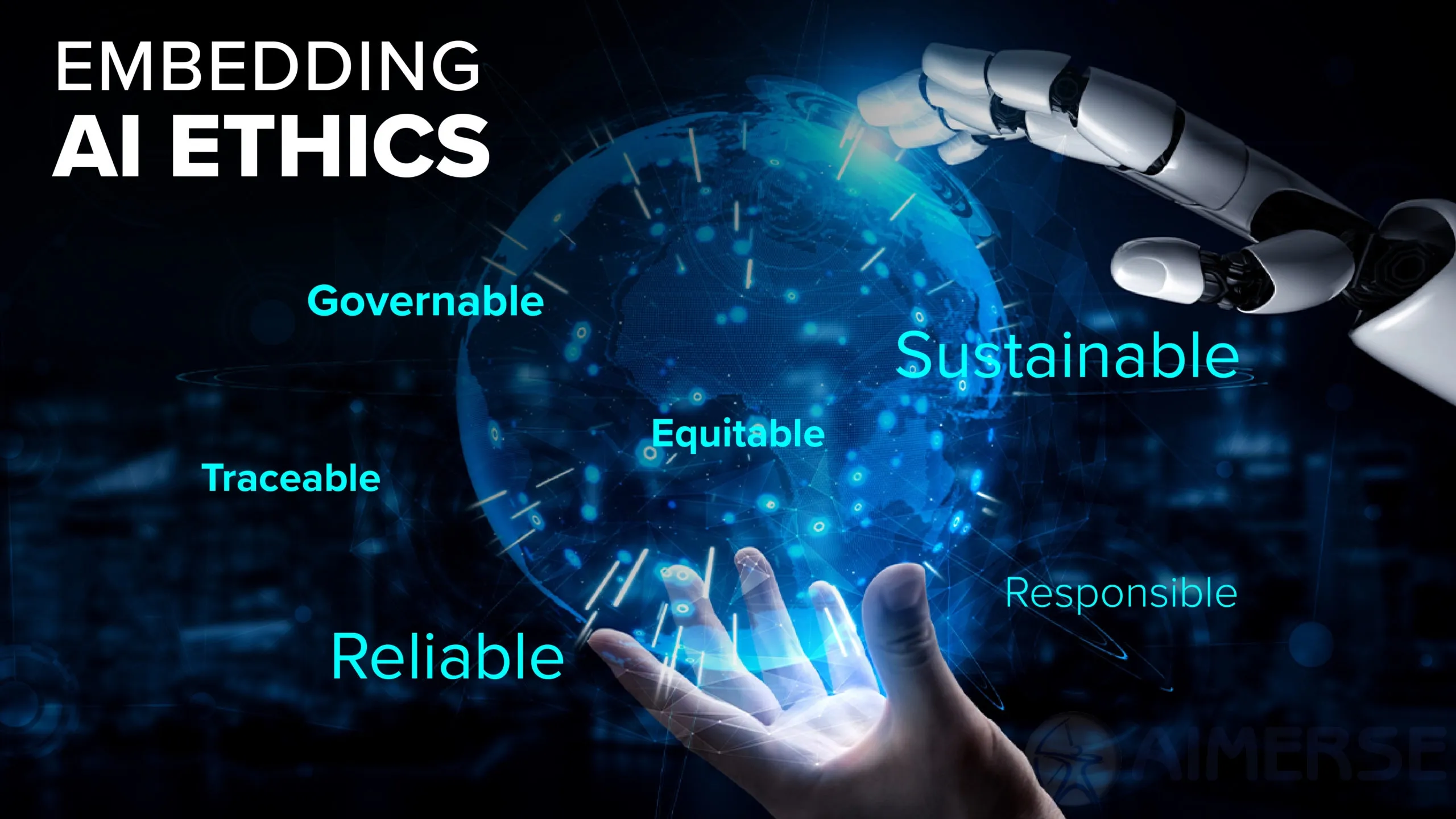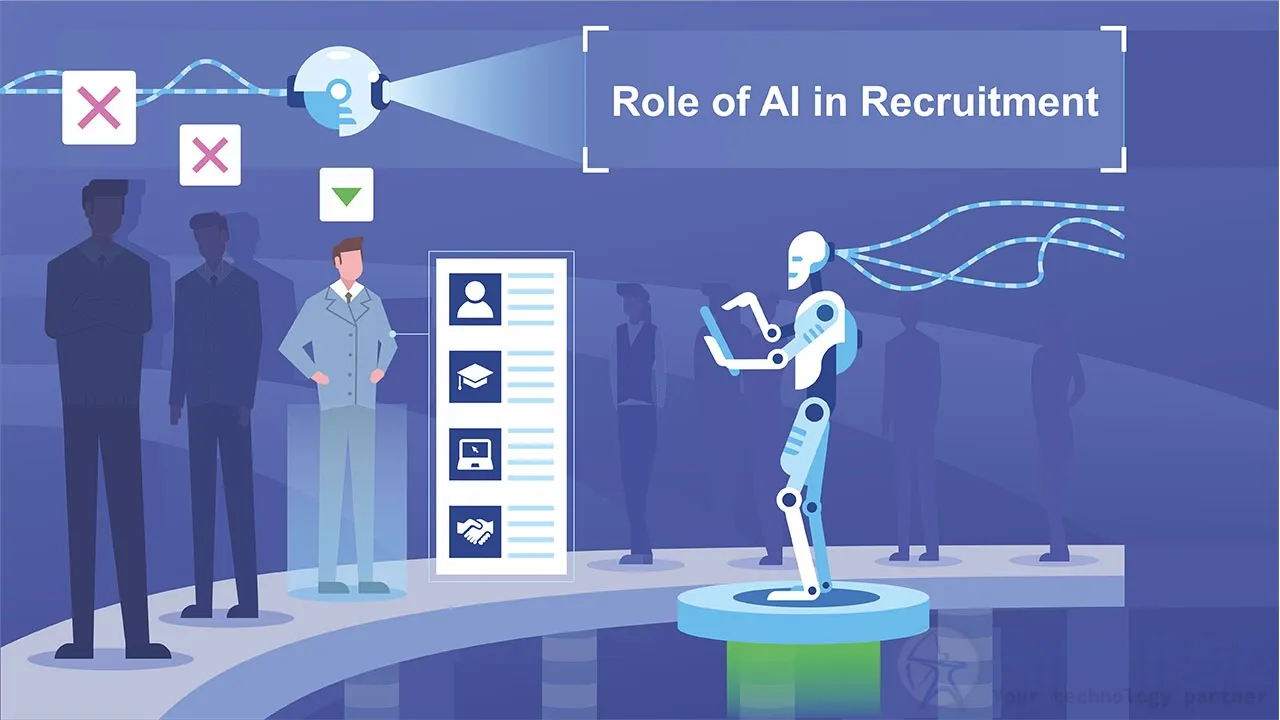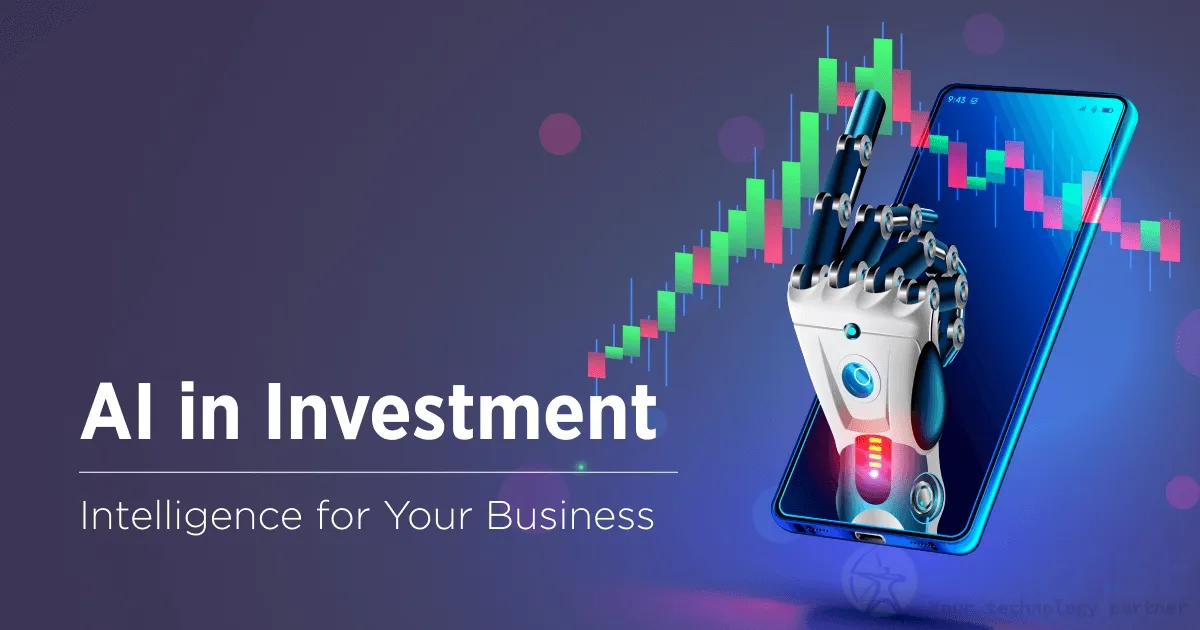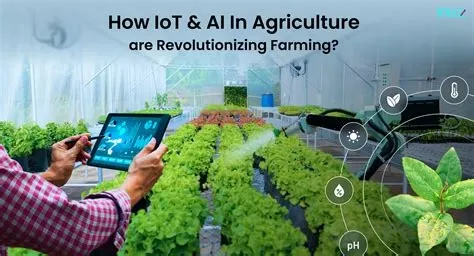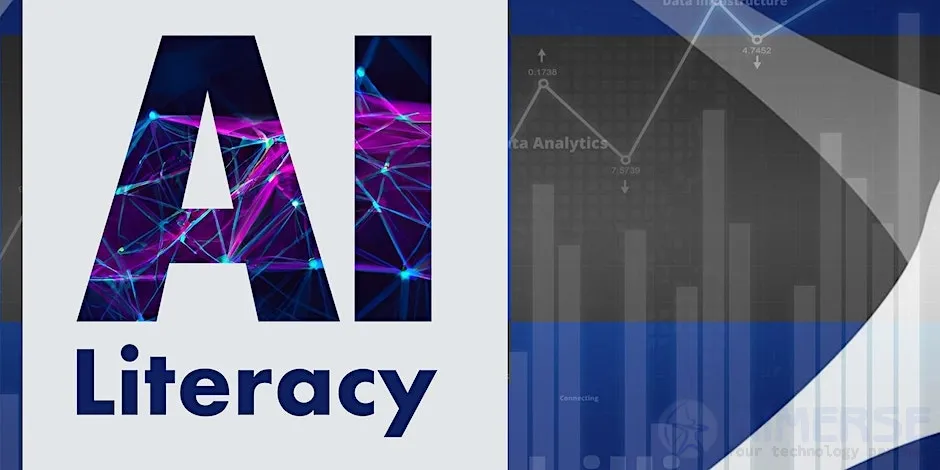Personalization Strategies in Custom Software Solutions.
Through advanced digital technology, users look for their respective applications to address their requirements and preferences. Personalization in custom software development is when the user experience is made unique based on certain user information such as demographics, behavior patterns, and preferences. The application of personalization techniques by a company makes the design of personalized interfaces, recommendations, and features for the unique needs that each user portrays. The outcome is a better and more interactive user experience to eventually lead users to satisfaction, which may attract them to have more loyalty over the custom application.
Benefits of Personalization in Custom Software
- Higher Levels of User Engagement: Personalized experiences attract the attention of users and push the levels of interaction to maximize the levels of engagement.
- Better Conversions: Here, content and features are developed uniquely for every user. Thus, such users will likely experience better conversions.
- Customer Satisfaction Improved: Users find applications to understand them better, hence meeting their needs.
Effective Strategies in Personalization
- Data-Driven Personalization: Collect and use user data that will inform personalization efforts. Use knowledge of their behavior, preference, and demography to serve the software environment.
- Dynamic content provision: Implement systems that adapt content based on user behaviors and preferences over time to ensure a set of information as relevant and current as possible
- Customized UI: Allow personalization of all interface settings as far as is possible, including themes, layout, and how features are activated to make their use more comfortable and usable.
- Personalized Recommendations: Algorithm-based suggestions of products, services, or content that are most likely to be of interest and relevance to a particular user, based on his past behavior.
Implementation of Personalization in Custom Software
- Personalization Goals: Clearly define what you want to achieve through personalization, such as increased engagement, higher conversion rates, or better retention of users.
- Collect Relevant User Data Responsibly: Collect relevant user data while being cognizant of privacy regulations and maintaining user trust.
- Design Adaptive Systems: Design software architectures that enable dynamic content delivery and real-time adjustments based on user interactions.
- Test and Iterate: Always examine the effectiveness of the personalization features and iterate based on user feedback and performance metrics.
Best Practices
- User Privacy-Friendly Strategy: All efforts in personalization have to be data protection law compliant and respect the privacy preferences of the user.
- Transparency Enable: Inform the user about the collection of data and what is going to happen with his or her data so that he or she feels better.
- Balance Automation with Control: Thus, custom software personalization can greatly enhance the experience of the user through automated personalization yet has options for users to apply their choices manually.
Conclusion
Custom software personalization has the potential to increase user engagement, satisfaction, and loyalty. Businesses can meet the ever-changing expectations by applying responsible use of user data and adaptable and user-centered applications.
We at Aimerse Technologies, specialize in custom software development specific to your business's requirements. We'll be working on our competencies with the technologies that we have-React.js, Node.js, Python Django, Laravel, and Java Spring Boot-so as to have applications personalized to your audience to have them engage with you.
